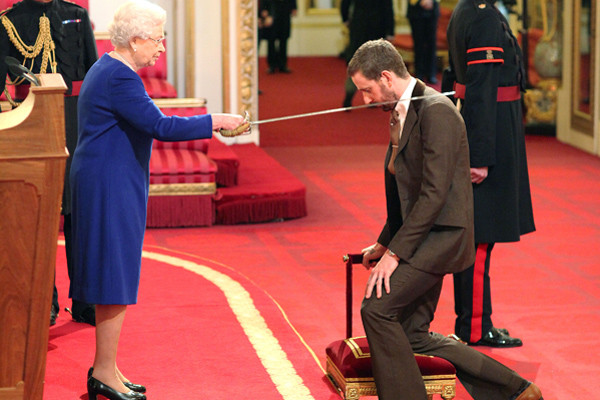Bradley Wiggins achieved great victories throughout his career; however, he couldn’t always enjoy those successes during and after his professional career. The British cyclist faced what’s known as ‘Impostor Syndrome’. Individuals dealing with this issue experience the feeling of not deserving their success, even in the face of external evidence of their competence.
British knighthood
In a BBC documentary series, Wiggins takes the viewer back to the day he was knighted in December 2012. Earlier that year, he became the first Briton to win the Tour de France.

“On the day I was knighted, the impostor syndrome hit me hard,” he begins. “My honor didn’t coincide with that of other athletes; I was mostly among the military.”
“It was a humbling lesson to stand alongside them. The soldiers who were without limbs wanted to take pictures with me, but on that day, I didn’t feel like a hero. I didn’t think I was worthy of being knighted.”

Symptoms also emerged at other times in the career
Impostor syndrome also manifested at other times, according to Wiggins. “I had a tough time in 2019. My wife went through very tough times mentally, and I also lost sight of the bigger picture. I smashed all my trophies.”
The former cyclist primarily refers to the awards he received, such as the BBC Sports Personality of the Year award and the reminder of his knighthood.
“I kept the medals and cycling trophies for my victories, but they’re together in a bag somewhere. My Olympic medals are also in a plastic bag.



